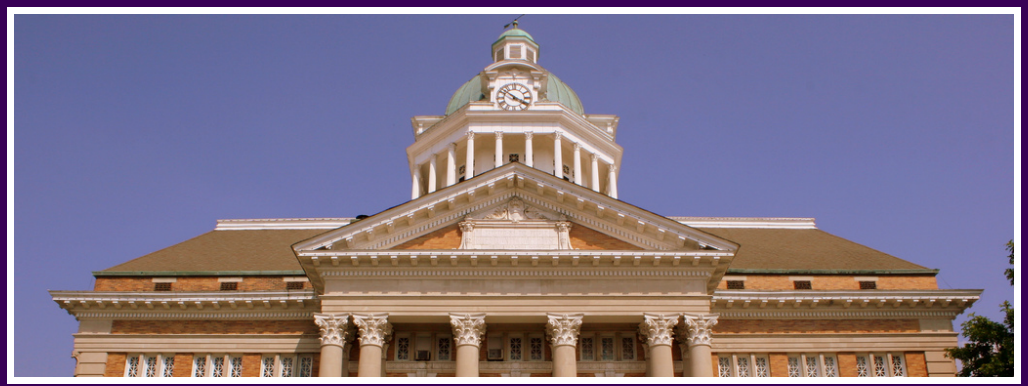ABERNATHY, Thomas Edwards (Dr.)
DR. THOMAS EDWARDS ABERNATHY, one of the most prominent members of the medical profession in Chattanooga, was born and reared near Pulaski in Giles county, Tennessee, where he received his early education. He later attended the University of Louisville and received his degree from the medical department in 1893. In May of the same year he located in Chattanooga and has engaged in practice here continuously since that time. In 1904 he took a post-graduate course at the New York Polyclinic. During his career as a practicing physician he has held a number of positions of responsibility and honor. From 1896 to 1904 he was chairman of the Hamilton county board of health, and from 1904 to 1912 was a member of the Tennessee state board of health, and at one time president of the latter organization. He is a member of the leading medical societies of the country, and in 1908 was president of the Chattanooga Academy of Medicine. For a number of years he has been a consultant of the medical staff of the Baroness Erlanger Hospital, and at one time chief of staff; is one of the local surgeons of the Southern Railway Company. He is president of the local United States pension board, and during the world war was a member of the medical advisory board and served as physician for a number of charitable institutions during this period. He is a member of the Methodist Episcopal church, South; is a Mason, Knight Templar and a Shriner.
The doctor is of Scotch ancestry and descended from the Burwells and Abernathys of Virginia. His father, Burwell Abernathy, was a native of Giles county and was one of its leading citizens. He was an extensive cotton planter and prominent in the religious and civil affairs of the county. The grandfather of Dr. Abernathy, Thomas Edwards Abernathy, was born in Virginia but moved to Tennessee in pioneer days and here spent the remainder of his life. He was known as a prosperous and influentiSelmanal citizen.
On the maternal side Dr. Abernathy is descended from Lieutenant Josiah Tannehill and Captain John Wilkins, both of whom fought in the Revolution. His mother, Samuella D. Abernathy, was born in Lexington, Kentucky. She was the daughter of Wilkins Tannehill, who came from Pittsburgh, Pennsylvania, to Nashville when a young man to market the product of the large salt works of southern Illinois owned by his uncle, Hon. William Wilkins, who was United States senator in 1831-1834; secretary of war, 1844-1845; and minister to Russia. Wilkins Tannehill was the author of “Tannehill’s Masonic Manual,” and editor in 1831 of the Nashville Herald. On April 22, 1851, he laid the cornerstone of the first public school in South Nashville. He was prominent in Masonry, and was for seven times chosen as grand master of the Grand Jurisdiction of Tennessee, and was eminent commander of the first commandery of Knights Templars of the state. He was the orator on the occasion of laying the cornerstone of the state capitol. On June 9, 1819, he delivered the address of welcome to President Monroe, who was on that day a visitor to Nashville. On May 5, 1825, he welcomed General LaFayette in behalf of the Grand Lodge of Tennessee. He has four grandsons now living, namely: Admiral Albert G. Berry, U. S. N.; Admiral Albert Gleaves, U. S. N.; Farmer D. Bayless, a prominent business man of Nashville; and Dr. Thomas E. Abernathy of this review.
Dr. Abernathy had three sisters: Helen A., deceased, who was the wife of Dr. George D. Butler; Mrs. Robert D. Abernathy; and Miss Fannie Abernathy of Pulaski. In 1900 Dr. Abernathy was married to Miss Mary Elizabeth Selman, of Crystal Springs, Georgia, a daughter of Dr. W. L. Selman, a prominent physician of that state. Dr. and Mrs. ABERNATHY have one child, a son, Edwards Selman Abernathy, who is now a student in the University of Virginia. (Tennessee, The Volunteer State, 1769-1923, Vol. 2, John Trotwood Moore and Austin P. Foster, S. J. Clarke Publishing Co., Chicago, 1923, pp. 444-445)
